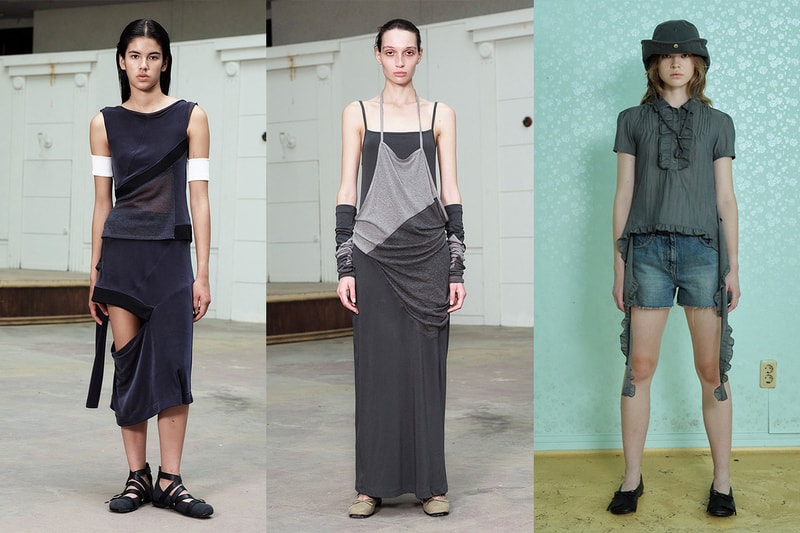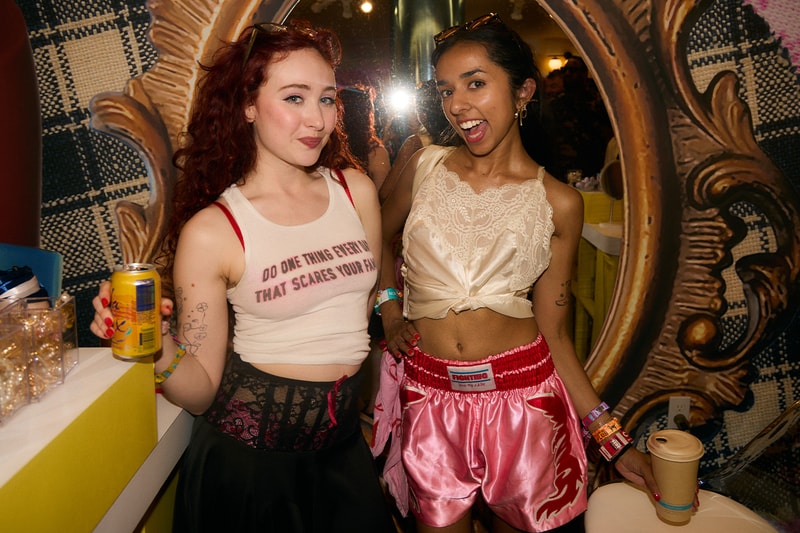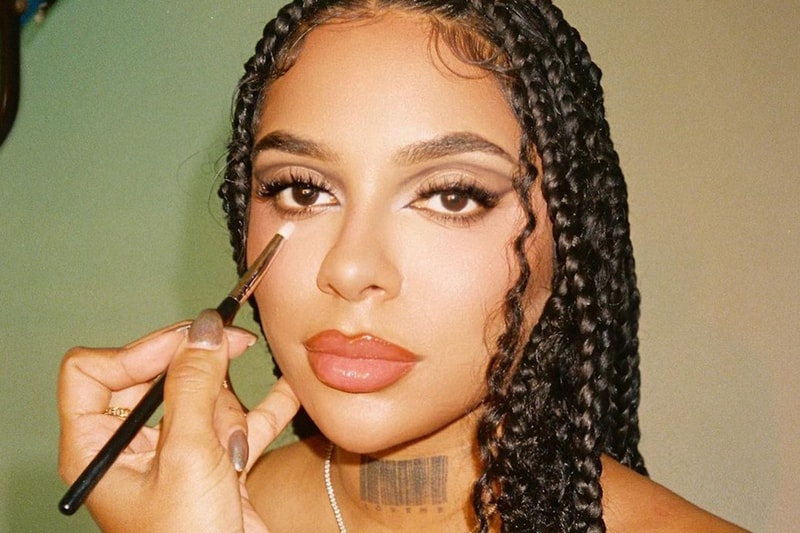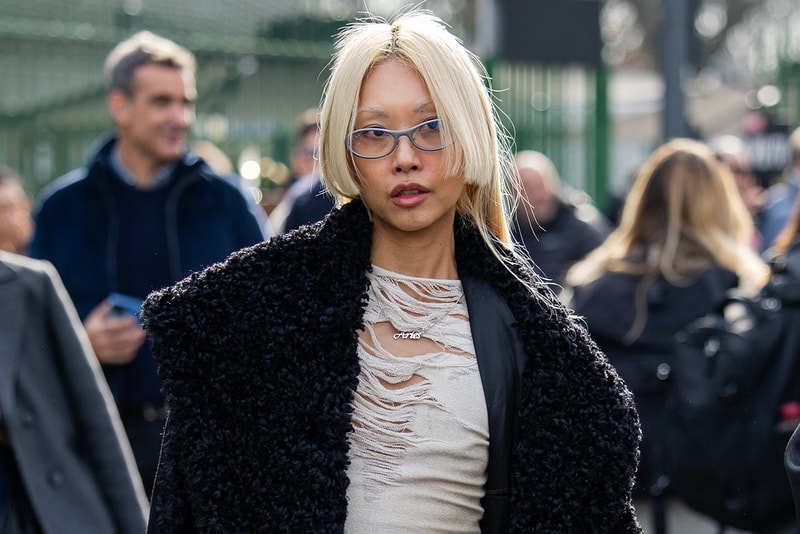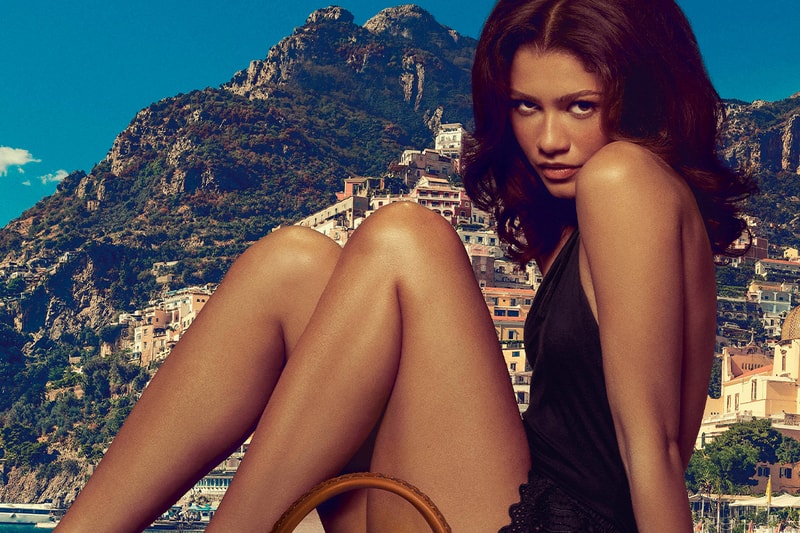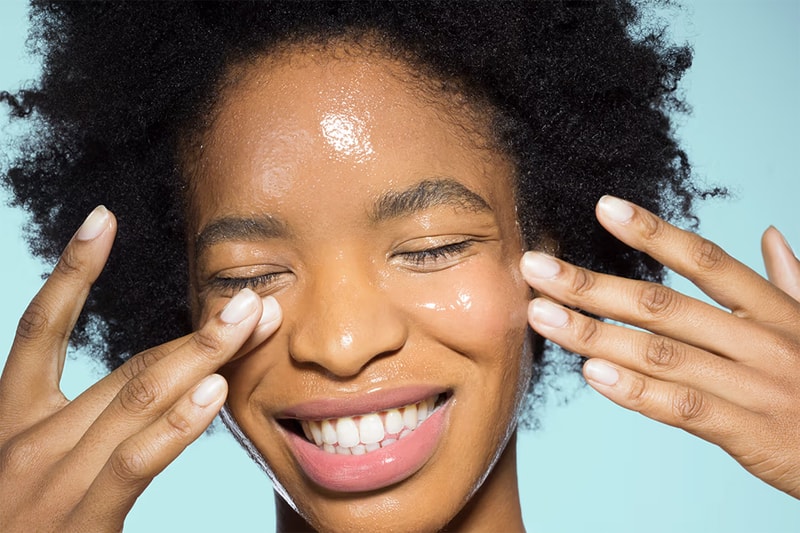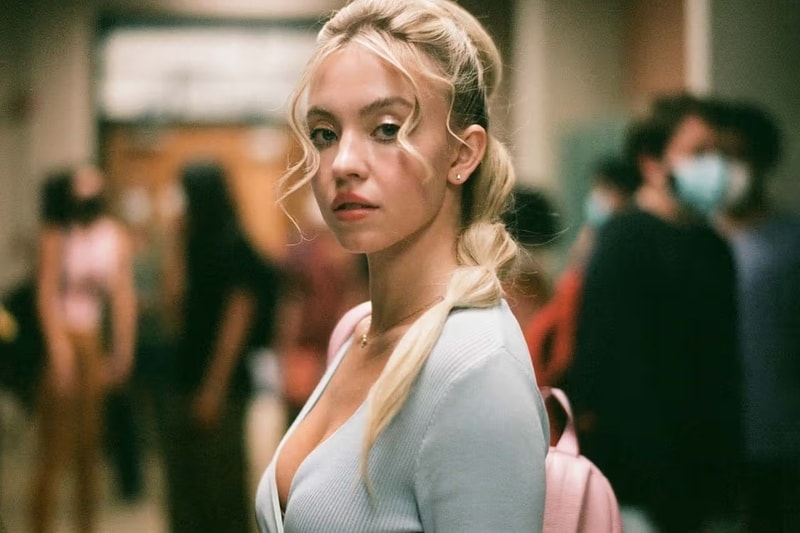Candice Patton Is Rooting for Actors of Color, Always
info@hypebae.com (HYPEBAE) Mon, 07 Jun 2021 HYPEBAE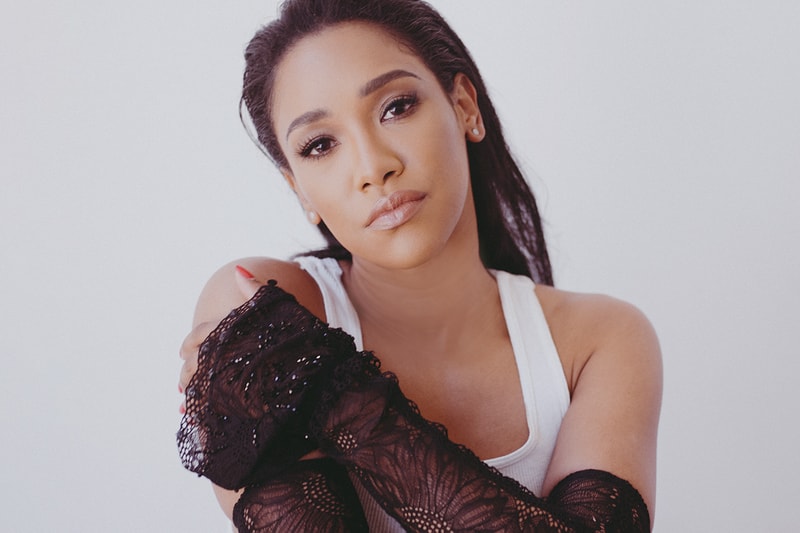
Actor Candice Patton, known for portraying Iris West in The CW's The Flash, has for years been vocal about the lack of resources for Black talents in Hollywood -- especially behind the scenes. An issue that's often overlooked by TV networks and productions, as the star points out, is that Black actors tend to receive less care and attention for their hair and makeup than their fair-skinned counterparts. "As a woman of color, I need people who understand how to properly work with light Black skin," Patton says as she reflects on past experiences on set.
Patton isn't the first to call out the television industry for not doing enough to promote diversity and inclusion, both on and offscreen. Fellow showbiz talents like Vanessa Morgan and more have also expressed the sad reality of how they weren't provided with hairstylists who could do Black hair on set, or makeup artists who were familiar with working with darker skin tones.
In conversation with HYPEBAE, Patton discusses the need for networks to finally recognize the needs of their diverse talents, as well as the changes she hopes to see in the future. Of course, we also chat with the actor about the latest season of The Flash.

You’ve been a part of The Flash family since the very beginning. In what ways has your character grown since Season 1?
She’s more of a well-rounded character. I think in the beginning, there was a lot of possibility for Iris to be portrayed as a damsel in distress. Over the years, she has grown to a very important part of the show and Barry’s heroics. She’s a hero in her own right and a very integral part of Team Flash without actually possessing any powers.
What does a typical day on set look like for you?
It’s definitely a brave new world to shoot a show during a pandemic. We are tested every other day and there are numerous protocols in place now to limit possible exposure in order to keep actors safe and ensure the show doesn’t shut down. It took a few months to get used to, but now it feels like second nature. I think some of these protocols will end up staying in place even after the pandemic. It’s crazy to think that we would go to work sick! Before this, you would show up to work even if you could barely stand, but now you wouldn’t dare come into work with a runny nose.
What can fans expect from the remainder of Season 7?
More typical Flash fanfare: heart, spectacle and humor. Lots of familiar faces. This season really focuses on the concept of family.
"I think there’s been negligence towards the Black experience in general, and these networks and studios couldn’t see why certain things were problematic and worthy of change."
Since starting your acting career in 2004, how has your experience of being a Black actor changed?
I’ve definitely seen the industry change in terms of there being more opportunities for Black actors. There are more roles and especially more nuanced ones. To think that when I started that I would be considered and eventually book the role for The Flash’s wife is kind of crazy to me.
In your opinion, what more can be done?
We’re making progress, but more can always be done. More diversity behind the camera and in the rooms making decisions for Hollywood is what’s really needed to make the industry and what we create to be more inclusive and reflective of the real world we live in.
As an actor of color, what sort of obstacles have you had to overcome in terms of representation and opportunity over the years?
I think one interesting thing for me is observing how the promotional and marketing campaigns are executed, and even with that, I’ve had to fight to be seen.

You’ve recently spoken up about The CW’s lack of awareness of their diverse talents. At what point in your career did you become conscious of the lack of resources for Black actors on set?
I think I was always subconsciously aware of it in the same ways most Black people are aware of the social biases that affect them in their daily life. And although on a subconscious level we are aware of these things, they are so ingrained in our lives that we become conditioned to them. It really took me being a series regular on a show and being a female lead to see the discrepancies between myself and others, especially how others were treated compared to myself. I was afraid to speak up, thinking it would jeopardize my storyline or my job. After a while, I really understood my presence and the value I brought to the show, and I felt less afraid to speak up for myself and shed light on areas that needed a closer look. I spend nine months out of the year shooting 14-hour days and at some point, it became necessary to speak out and use my voice.
"Reforming and reinforcing education that is based on inclusivity is necessary, because Hollywood has not had to think about the on-set experience from the minority perspective."
Why do you think networks are still neglecting the needs of their talents?
I honestly don’t think people really saw this as an issue. I don’t think they understood the impact that it was having on their inclusive talent. For example, I shoot in Vancouver and there aren’t a lot of salons that are well-versed in ethnic hair here because of the demographics here. I would fly back and forth to LA anytime I had a couple of days off. So I just decided to get my hair treated and done at a local salon I had been to and trusted in Los Angeles. The studio wouldn’t cover the costs for me to do this at my preferred salon.
Eventually, they relented but advised that I couldn’t do it again and would only reimburse me for salons in Vancouver. And I’m sure they have logistical reasons for this policy, but the blind spot is not understanding that my options as a Black person are limited in certain places. My white counterparts can likely and easily find a salon they feel comfortable going to here, but I can’t. I think there just has to be more in-depth conversations so that productions aren’t limited to these hard and fast rules that could overlook their talent’s needs. I think there’s been negligence towards the Black experience in general, and these networks and studios couldn’t see why certain things were problematic and worthy of change. It’s much easier to believe that someone is being difficult or a problem doesn’t exist because it isn’t a problem for you.
What more do you think the industry needs to do and learn in terms of its diversity efforts? And what kind of changes do you want to see in the near future?
Again, more inclusivity behind the camera. Inclusivity in front of the camera is not enough. As a woman of color, I need diverse people in the hair and makeup trailer who know my skin tone and my hair texture. I need people who understand how to properly work with light Black skin. There needs to be a concerted effort towards education. Reforming and reinforcing education that is based on inclusivity is necessary, because Hollywood has not had to think about the on-set experience from the minority perspective. It’s often very different and much more trauma-laden than what our white cisgender counterparts have experienced. People need to be educated on all fronts.

